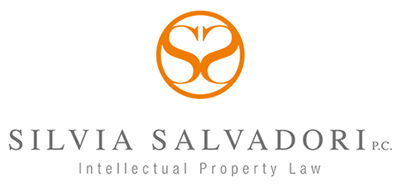Patent Law: Reasonable Expectation of Success (Case Study)

In a recent case, Eli Lilly and Co. v. Teva Pharmaceuticals International GmbH, the Federal Circuit upheld the validity of Teva’s patents directed to specific methods of treatment using an “effective amount” of certain antibodies. The court agreed with the Patent Trial and Appeal Board (PTAB) that the claim preambles were limiting, and that obviousness required proof of a reasonable expectation of success in achieving the recited purpose.
The patents at issue were directed to specific methods of treatment using effective amounts of certain antibodies.
The PTAB found that although the cited prior art disclosed or suggested each and every element of the challenged claims, and that there was a motivation to combine the teachings of the prior art, there was still no reasonable expectation of success, and upheld the patents.
As an initial matter the Federal Circuit found the preamble limiting.
Then the Federal Circuit concluded that the claims were directed to methods of using an effective amount of a composition for a specific purpose.
The court found the “effective amount” language further supported the limiting nature of the recited purpose.
Having found the recited purpose of the preamble to be limiting, the court noted that obviousness would have required proving that the skilled artisan would have had reasonably expected success in administering the claimed effective amount of the antibody to treat the claimed syndrome.
Please contact me at silvia@salvadorilaw.com with questions or comments.

Silvia Salvadori, PhD
